中国世博会上的十大茶叶——润思祁门红茶
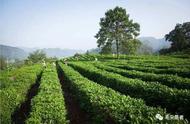
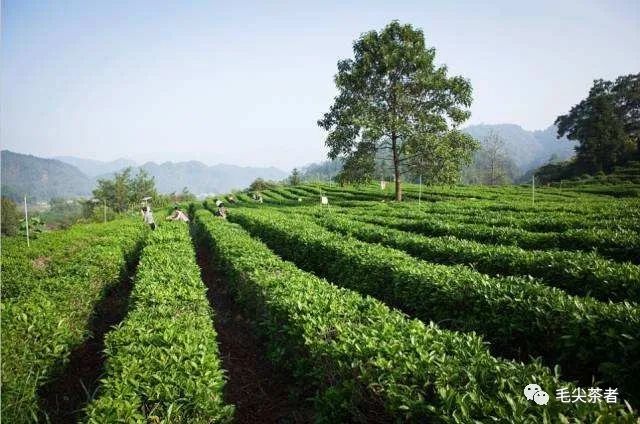
祁门
祁门县位于安徽省南端,地处黄山西庵,与江西省毗邻,是一个“九山半水半分田”的山区县。境内山川秀美,自然条件得天独厚。
原始、古朴、生态、绿色是祁门旅游的特色,国家自然保护区、国家地质公园祁门牡牛降保存着结构复杂、功能齐全的自然生态系统,自然景观集雄、险、奇、幽于一身,有“绿色自然博物馆”和“华东物种基因库”之称。祁门文化与徽州文化同属一脉,而其“贞一堂”、“一府六县”、“除庆堂”、“古戏台”等古建筑庄重古朴,风格独具;民间艺术目连戏、健舞、嬉灯等,堪称中华文化之魂宝。
Qimen
Qimen County is located in south Anhui Province, west to Huangshan Mountain and neighbors Jiangxi Province. In the folk world is known as made up of "mountains 90%, lake 5% and farm 5%". Mountains and waters in the county form spectacular scenic views.
Travel products of Qimen features an authentic and aboriginal style while attaches importance to ecological balance and environment protection. Guniujiang National Natural Reserve and Geo-park is a complete and complicated ecological system which is still well- protected and features various views that are magnificent, hilly, unique or picturesque, while it is also known as "Green Natural Museum" and "Species Gene Bank of East China". While sharing the same origin of Huizhou culture, Qimen culture also has a unique ancient architectural style, which is exemplified by "Zhenyi Temple","Yifu Liuxian Mansion","Yuqing Hall"and"Ancient Theatre Stage"; Qimen culture also features folk arts such as Mulian opera, Nuo Dance, Xideng Lantern Festival" etc that are all regarded as valuable cultural relics of ancient Chinese culture.
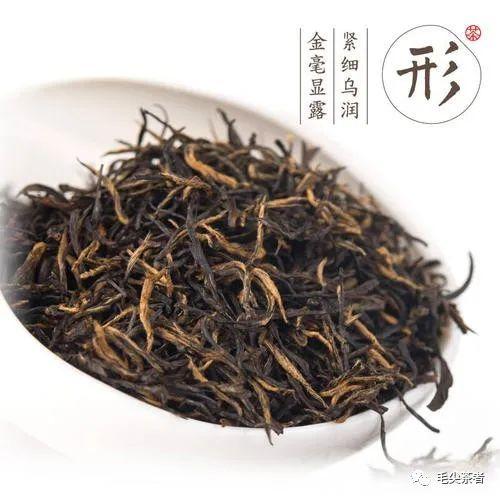
润思祁门红茶
润思牌祁门红茶简称润思祁红,是世界三大高香茶之首——祁门红茶的主要产品。它以条索苗秀的外形,清新持久的甜香,醇和携厚的滋味,博得世人尊崇。润思祁红产自安徽祁门、贵池、石台、东至等传统祁红产区高山优质茶园,采制工艺精细。润思祁红在国际市场被划分为高档红茶,以高香闻名,似苹果香又似兰花香,独树一帜,国际上把这种香气誉为“祁门香”;外表色泽乌润,汤色红艳透亮;单独泡饮,最能领略它的独特香味,加入牛奶、糖也很可口。英国人最喜爱祁红,皇家贵族视祁红为珍品,用来向皇后祝寿。1915年祁红在巴拿马万国博览会上获得特别大奖,此后又多次荣鹰国际金奖,多年来一直是中国的国事礼茶。
Qimen black tea Runsi
Qimen black tea Runsi, also known as Runsi Qihong, is a major product of Qimen Black Tea, the No.1 high-aroma tea in the world. With its delicate and slim appearance, fresh and lingering sweetness and long-lasting deep aroma, it has won world-wide recognition and admiration.
Runsi Qihong is produced in traditional quality Qihong alpine plantation such as Qimen, Guichi, Shitai, Dongzhi, etc, and processed with exquisite craftsmanship. In international marketplace, Runsi Qihong is categorized as a high-grade black tea, famous for its unique aroma that smells like apple or orchid and is titled as "Qimen aroma" in the world. The tea leaves appear brightly dark while the tea liquor is clear and red. The best aroma can be tasted when brewing it without other ingredients,but it is also delicious to blend sugar or milk. Qihong is mostly favored by the British and it is treasured by British royal class which was presented to the Queen for her birthday. In 1915, Qihong was awarded a special prize on Panama International Exposition, to be followed with a great many international golden prizes. For decades, Qihong has been used by Chinese government on
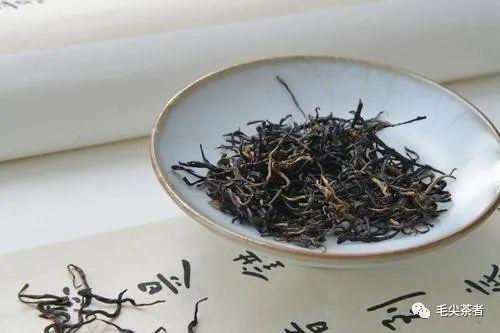
【盛誉古今】
祁门产茶历史悠久,唐代就很有名。那时休宁、祁门、條县所产茶叶以浮梁为集散地,大诗人白居易的诗中就有“商人重利轻别离,前月浮梁买茶去”的句子;唐代杨华所著的《膳夫经手录》中记有“條州、黎州、祁门方茶制置精好,商贾所赏,数千里不绝于道路”,说明了祁门在唐朝已是较重要的茶叶产地。至清光绪以前,祁门所产茶叶均为绿茶。光绪年间,为县人余干臣由福建回乡,仿效闽红制法,试制红茶成功,这就是祁红的开端。后来,在他的带动下,附近茶农纷纷改制,逐渐形成祁红产区。“祁红”一经问世,就以其优异的品质成为红茶中的后起之秀,它与印度的“大吉岭”红茶和斯里兰卡的“乌伐”红茶齐名,被誉作“世界三大高香名茶”。1915年“祁红”荣获巴拿马万国博览会金奖,1980、1985、1990、1995年连续四次荣获国际金质奖,1987年又获布鲁塞尔第26届世界优质食品评选会金奖。
“祁红”一直被列为我国的国事礼茶招待各国贵宾。邓小平同志视察黄山时曾赞誉“你们祁红,世界有名!”
Historical Reputation
Qimen has a long history of producing tea, and has thus been famous since the Tang Dynasty when tea produced in Xiuning, Qimen and Shexian was sold mainly in Fuliang as a distribution center. The great poet Bai Juyi once noted"as a merchant, her husband is materialistic, who often leave home to have tea trade in Fuliang"; also in the Tang Dynasty, Yang Hua wrote in The Manuscript of the Diet Minister's Classic that "Xizhou, Wuzhou, Qimen produce quality tea, which is appreciated by the merchants who rush thousands of miles to obtain it," indicating that Qimen was an important place of tea production even in the Tang Dynasty. Before the Period of Guangxu Emperor in the Qing Dynasty, only green tea was produced in Qimen. During the Period of Guangxu Emperor, a man named Yu Ganchen from Yixian County returned home from Fujian Province, he tried to imitate the production of Fujian black tea, and his successful trial became the beginning of Qimen black tea (also known as Qihong). Later on, the tea farmers near changed into black tea production in his lead, and Qimen gradually turned into a black tea producing area Once "Qihong" appeared, its outstanding quality made it a starlet in the family of black tea. It was therefore praised together with Indian "Darjeeling" black tea and Sri Lanka"Uva" black tea as "the world's three major teas of intense fragrance". In 1915,"Qihong"was awarded a special prize on Panama International Exposition, to be followed with four international golden prizes in 1980,1985,1990 and 1995 respectively. In 1987, it championed again in the 26th World Session of Finest Selection of Food held in Brussels.
"Qihong" has long been used by Chinese government ondiplomatic occasions to serve foreign guests. Mr. DengXiaoping once complimented:"Qihong is a world-renown great tea."
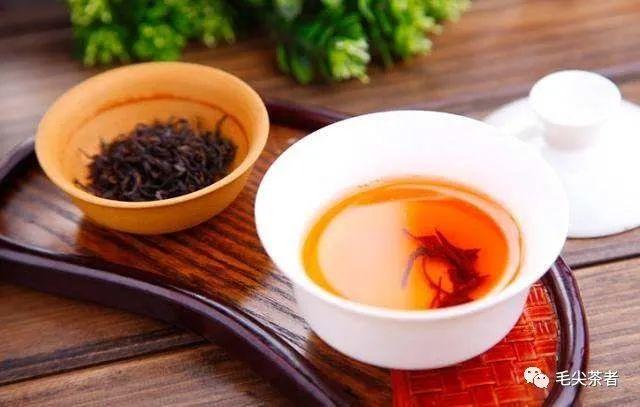
【品质特点】
茶叶外形条索紧细,苗秀显毫,色泽乌润;茶叶香气清香持久,似果香又似兰花香,国际茶市上把这种香气专门叫做“祁门香”;汤色红艳透明,叶底鲜红明亮。滋味醇厚,回味隽永。
祁门红茶还可以给人们提供丰富的核黄素、叶酸、胡萝卜素、生育酚及叶绿醒,并且是食品中氟化物的重要源泉。
Distinguished Features
The shape of the tea is compact and slim, with short hair and smooth appearance. The tea is famous for its unique aroma that smells like fruits or orchid and is titled as "Qimen aroma" in the world. The tea leaves appear brightly dark while the tea liquor is clear and red. It tastes mellow and intense with a long-lasting aftertaste.
Qimen black tea provides people with a wealth of riboflavin, folic acid, carotene, tocopherols and chlorophyll-quinone, and is also considered an important source of fluoride.
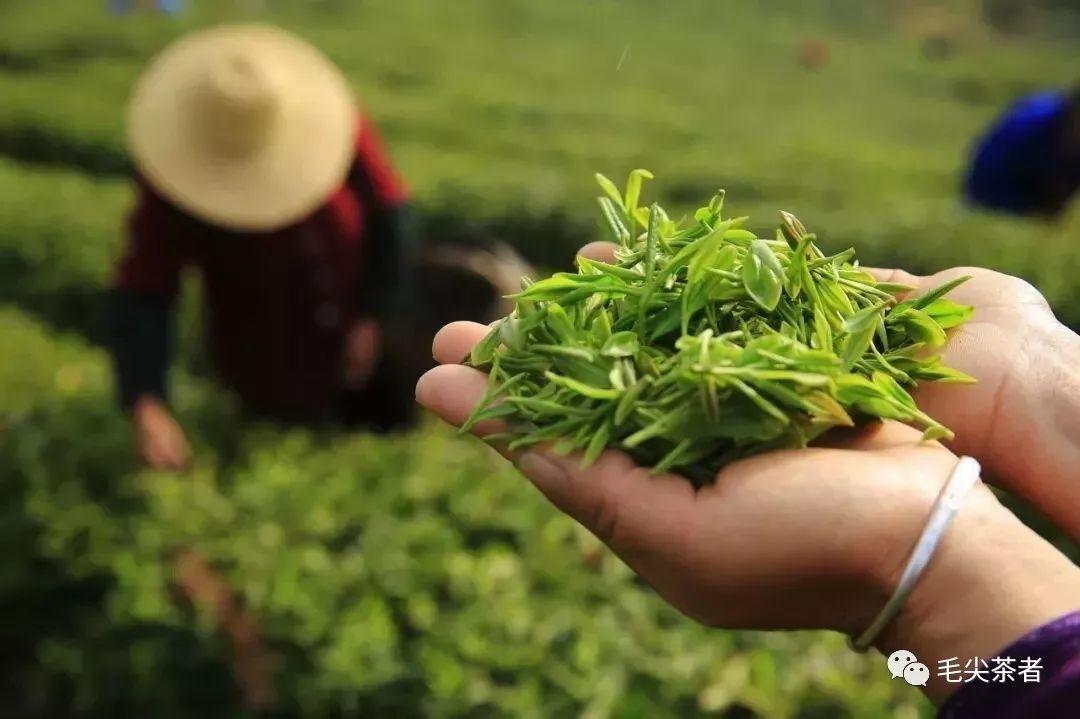
【采制工艺】
祁红采制工艺精细,采摘一芽二、三叶的芽叶作原料,经过萎凋、揉捻、发酵,使芽叶由绿色变成紫铜红色,香气透发,然后进行文火烘焙至干。红毛茶制成后,还须进行精制,精制工序复杂花工夫,经毛筛、抖筛、分筛、紧门、擦筛、切断、风选、拣剔、补火、清风、拼和、装箱而制成。
Pciking and Processing
Qihong is picked with delicate craftsmanship. Usually a bud with two or three shoots is plucked as raw materials. After withering, rolling, fermentation, the buds and shoots turn from green to copper red and the fragrance permeates. Then slowly bake it with heat to dr up. The roughly made tea is required to undertake complex refining process which takes great effort. The refining process includes rough screening, shaking screen, sub-screening, door tightening, lifting up screen, cutting, winnowing, sorting, putting up fire, adding the wind, combining and packing.

【冲泡方法】
选择天然矿泉水、井水或纯净水煮沸冲泡,白瓷器和紫砂茶具为佳。茶叶与水的比例为1:50,水温控制在90-95℃为宜。最宜清饮能品味其携永香气。
烫盏:沸水冲茶盏,弃水后置茶;
冲泡:宜提高茶壶,使沸水从高处落下,使茶盏内茶叶滚动,冲至七分满为宜;
闻香:静置2分钟后,即提杯盖用鼻闻香;
品饮:待茶汤稍凉适口时,小口吸入。一般可以冲泡2-3次。
Serving Direction
Used 90-95°C boiled mineral water, well water or purified water for brewing and white-porcelain or Zisha teapots for serving. Recommended tea-water proportion is 1:50. The best way to taste is to brew it without any other ingredients. The serving steps are.
Clean: Clean the tea wares with boiling water, and then add tea leaves to the empty wares;
Infuse: Pour in boiling water from high about to cover the tea leaves until 70% of the capacity is filled;
Smell: After steeping tea leaves for 2 minutes, remove the lid and appreciate the fragrance
Taste: When cooled to moderate temperature, take small sips with deep breath and taste the aroma. It is recommended to make 2~3 infusions.

【授牌牌记】
祁红者,世界三大高香茶之翘楚也,昔获巴拿马金奖。润思名号,出自国润,乃产地之尊,祁红之鳌头。祁门红茶,传尧渡街之原始,采牡牛降之芬芳,受秋浦河之洗礼,得九华山之灵光。斯茗也,润物无声,早驰英伦异国;思接千载,常闻午后茶香。醇和鲜韵,神妙天然;揉捻酵启,秘法孤方。色泽乌润,实仙酵滴降凡尘;汤红霞郁,似佳丽归属才郎。饮之可破愁去虑,心健体康。
欣逢太平之盛世,意有所为;喜邀海上之博会,名已远扬。万邦齐聚,珍磋同展。搓尔润思:红茶之极品,味同琼浆,质赛薰兰。今日授牌,乃芳物所应得;循名求实,定震宇之美尝!
诗曰:嘉木生皖南,灵山瑞草香。祁红润思秀,举世乐品尝。
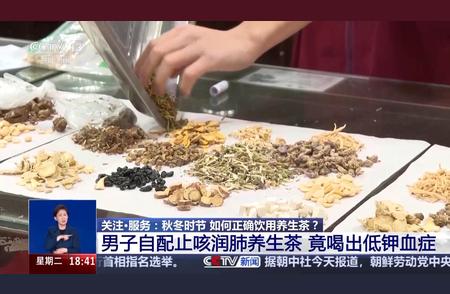
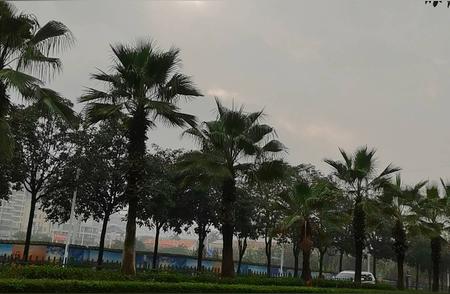
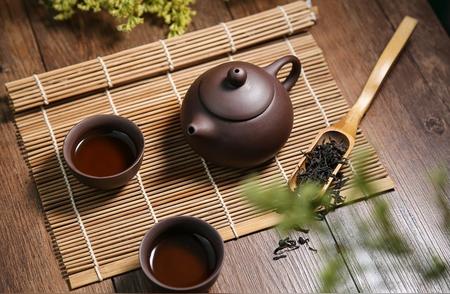
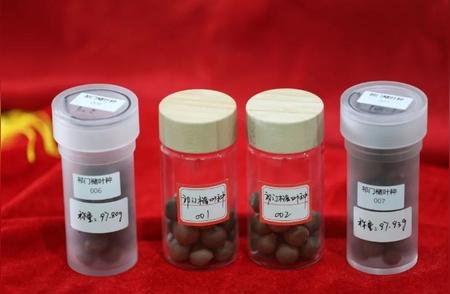
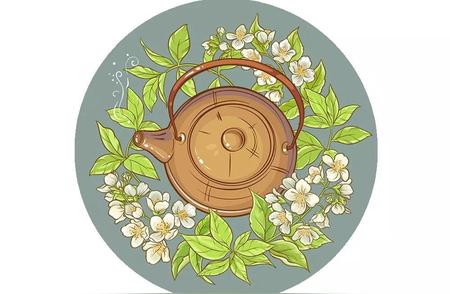
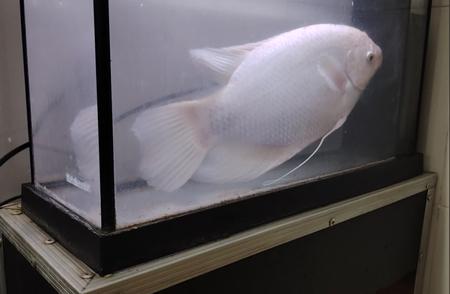
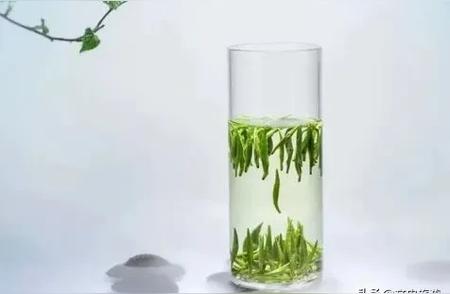
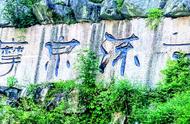
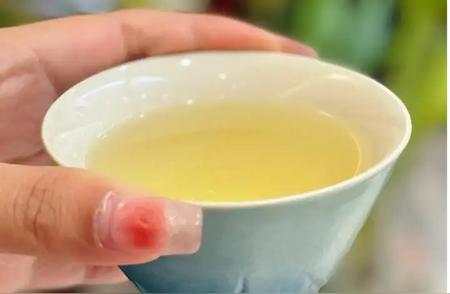

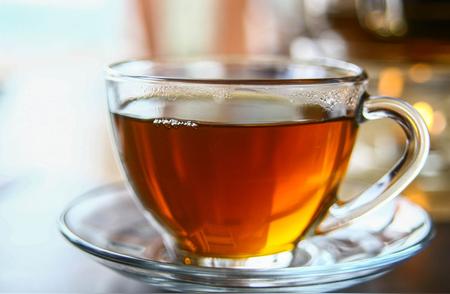

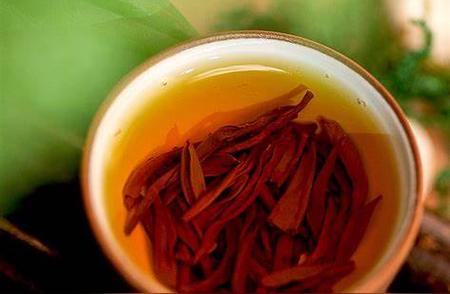
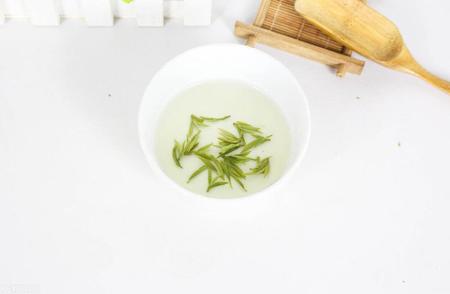
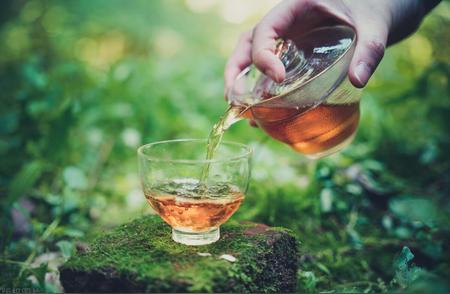
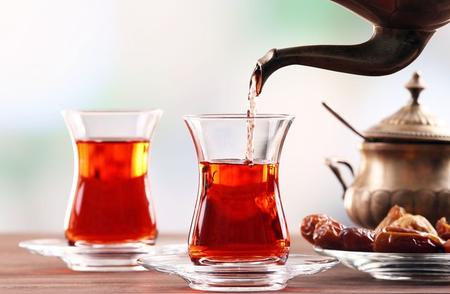



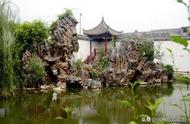
 鲁公网安备37020202370217号
鲁公网安备37020202370217号